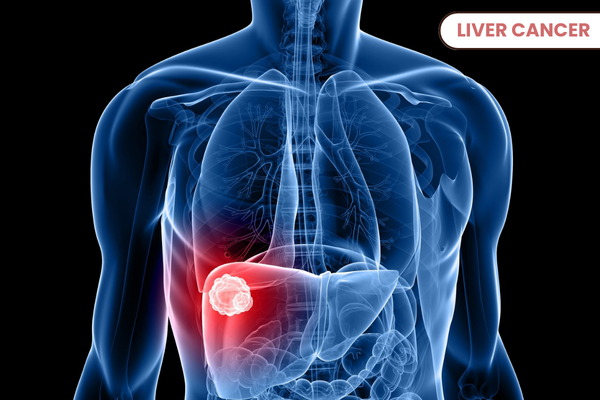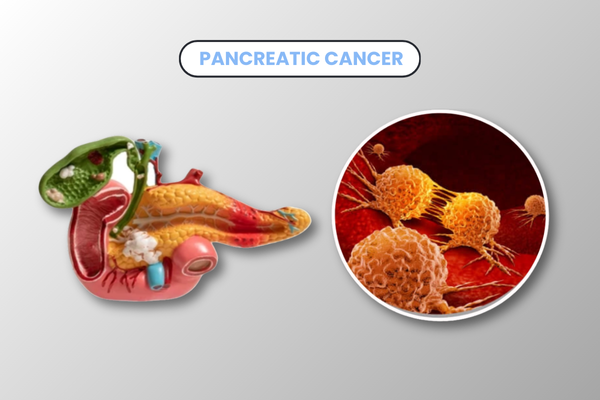Ovarian Cancer
Ovarian cancer is a type of cancer that starts in the ovaries, which are part of the female reproductive system. Women have two ovaries—one on each side of the uterus. These small organs produce eggs and also release hormones like estrogen and progesterone.
What Is Ovarian Cancer?
Ovarian cancer happens when cells in the ovaries grow abnormally and form a lump or tumor. These cancer cells can sometimes spread to other body parts if not detected early.
Who Can Get It?
Ovarian cancer mostly affects women over the age of 50, but it can happen at any age. Your risk may be higher if:
- You have a family history of ovarian or breast cancer
- You’ve never been pregnant
- You have certain genetic conditions (like BRCA1 or BRCA2 mutations)
Common Symptoms
In the early stages, ovarian cancer may not show clear symptoms. However, you should see a doctor if you notice:
- Constant bloating or swelling in the belly
- Pain or discomfort in the lower abdomen or back
- Feeling full quickly when eating
- Changes in your periods
- Frequent need to urinate
These symptoms can be caused by other health problems too, but it’s always good to get them checked.
How Is It Diagnosed?
Doctors may use several tests to find out if you have ovarian cancer:
- Pelvic exam to feel for lumps or changes
- Ultrasound to view the ovaries
- Blood tests like CA-125 to check for cancer markers
- CT scan or MRI for detailed images
A biopsy (taking a small sample of tissue) confirms the diagnosis.
Treatment Options
Treatment depends on how far the cancer has spread. The main options include
- Surgery to remove the cancer and affected ovaries
- Chemotherapy to kill cancer cells
- Targeted therapy or hormone therapy in some cases
Your doctor will suggest the best plan for your condition.
Can It Be Prevented?
There’s no sure way to prevent ovarian cancer, but you can reduce your risk by:
- Knowing your family history
- Having regular check-ups
- Discuss genetic testing with your doctor if needed
Taking birth control pills for several years has also been shown to lower the risk in some women.
Final Words
Ovarian cancer is serious, but early detection can make a big difference. Always listen to your body and don’t ignore any unusual symptoms. Regular health checkups and awareness can help catch it early.
Leave a Reply
Your email address will not be published. Required fields are marked *


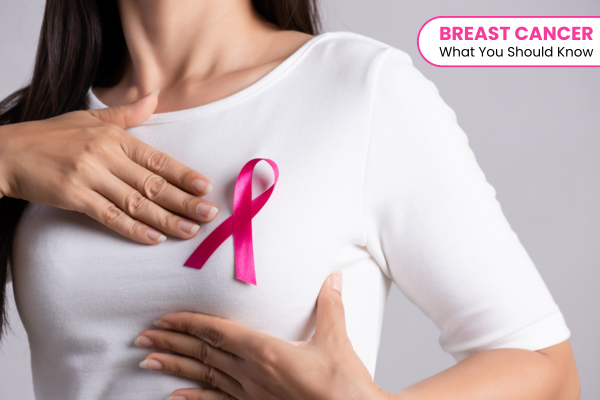
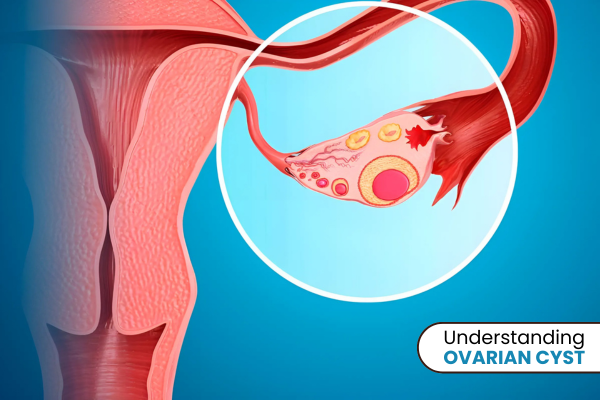
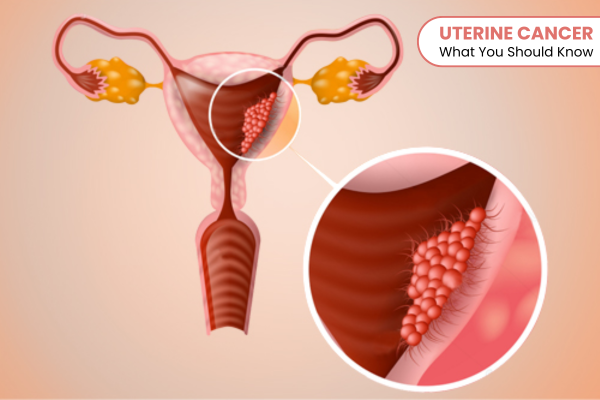

.png)




